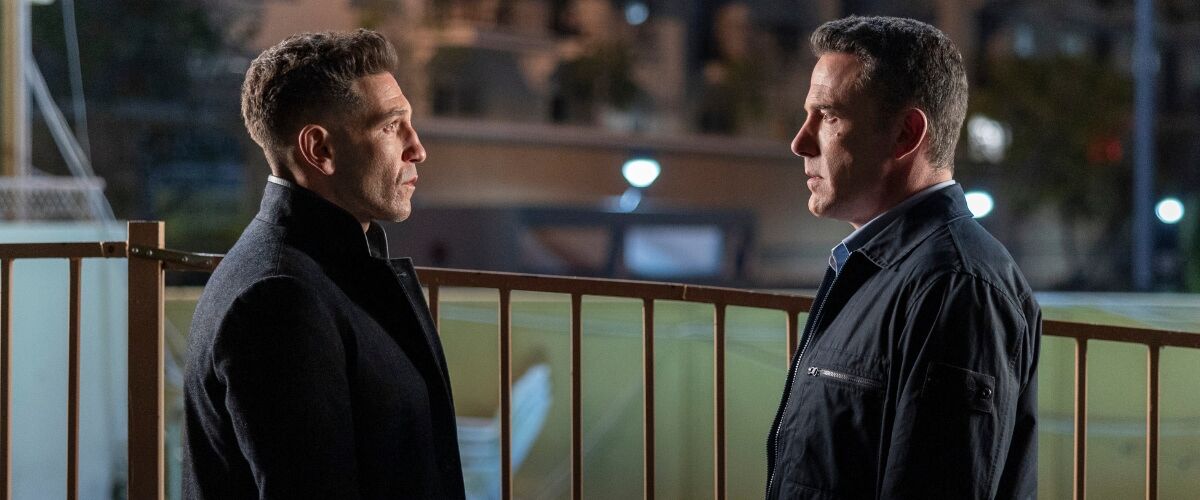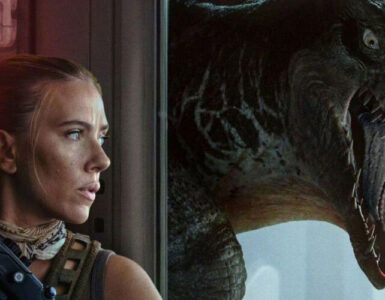- Shares
- 48
Ben Affleck has always been a curious movie star. Too handsome to be dismissed but too guarded to be fully accessible, even if the personal drama in his life fits the profile, he’s made a career out of turning what once felt like limitations into a kind of signature. There’s something slightly off about him, not in a bad way, more like a man who doesn’t wear emotion easily, perpetually observing from just outside the frame. It’s what made him such a potent presence in thrillers like Gone Girl (2014) and The Town (2010), where control, silence, and misdirection were baked into the characters. For much of his career, Affleck has seemed most convincing when playing men who don’t want to be known, which is perhaps why his take on Batman felt more haunted than heroic.

It’s also why Christian Wolff, the soft-spoken math savant on the autism spectrum, introduced in 2016’s The Accountant who “audits financial books” for international crime syndicates, remains one of his strangest and most oddly gripping performances. In concept, The Accountant sounded like a tonal mess but upon execution, it was something stranger – a moody, emotionally distant action thriller with a peculiar rhythm and a star performance that dared to keep its audience at arm’s length.
Nine years later, The Accountant 2 reopens the ledger on the unlikely fusion of autism, algebra, and high-calibre violence, and finds Affleck somehow even more attuned to the role. Director Gavin O’Connor (Warrior), again behind the camera, trades introspective drama for streamlined action and deadpan absurdity. Gone are the first film’s more overt attempts at emotional grounding (the troubled upbringing with his father, the longing glances toward Anna Kendrick’s (Pitch Perfect) character, who sadly is absent here) replaced with sharper momentum and a dry, almost unintentional wit. It even finds time for a speed-dating scene, where Christian hacks romance with an algorithmic approach that somehow feels perfectly on brand.
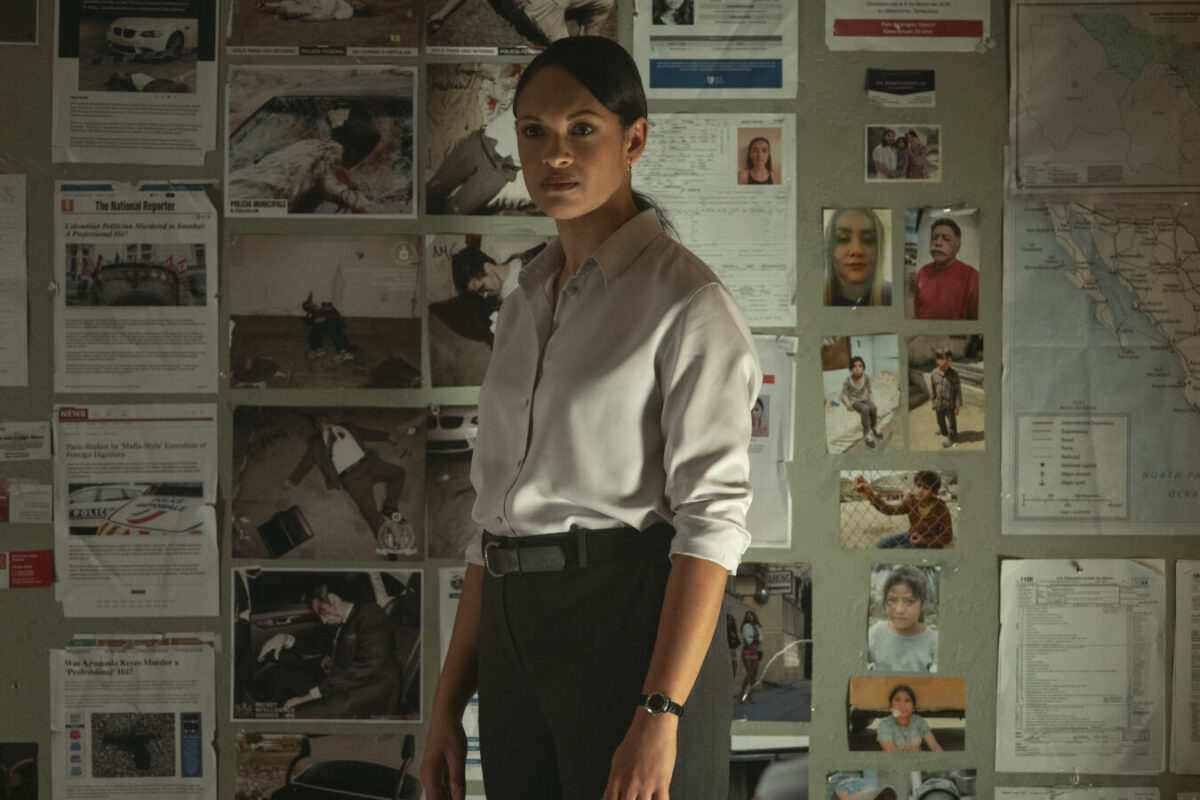
Instead of number-crunching corruption at a robotics firm, the sequel opens with a murder. J.K. Simmons’ (Whiplash) Raymond King is abruptly taken out while working on an off-the-books investigation, leaving behind a trail that leads to a broader human trafficking operation tied to undocumented workers across the U.S. border. It’s personal and political, and it’s the kind of crime that forces Christian to work outside of his emotional blind spots. Cynthia Addai-Robinson’s (The Lord of the Rings: The Rings of Power) Marybeth Medina, now heading the department King once ran, brings him back into the fold with her very own version of a bat signal.
On the night of King’s death, he is revealed to have met Anaïs (Daniella Pineda, Cowboy Bebop), a weaponised savant with a backstory rooted in trauma and neurological damage. Her presence teases a kind of dark mirror to Christian – another brain molded by violence, another body honed into lethal efficiency. Unlike Christian though, she doesn’t seem bound by a code and Pineda plays Anaïs with cool, haunted purpose, and while the film doesn’t quite know what to do with her once she’s on the board, it’s impossible to look away when she’s in play and motion. A third instalment might finally pay off what this one only hints at – a showdown or alliance between savant assassins that feels more chess match than shootout.
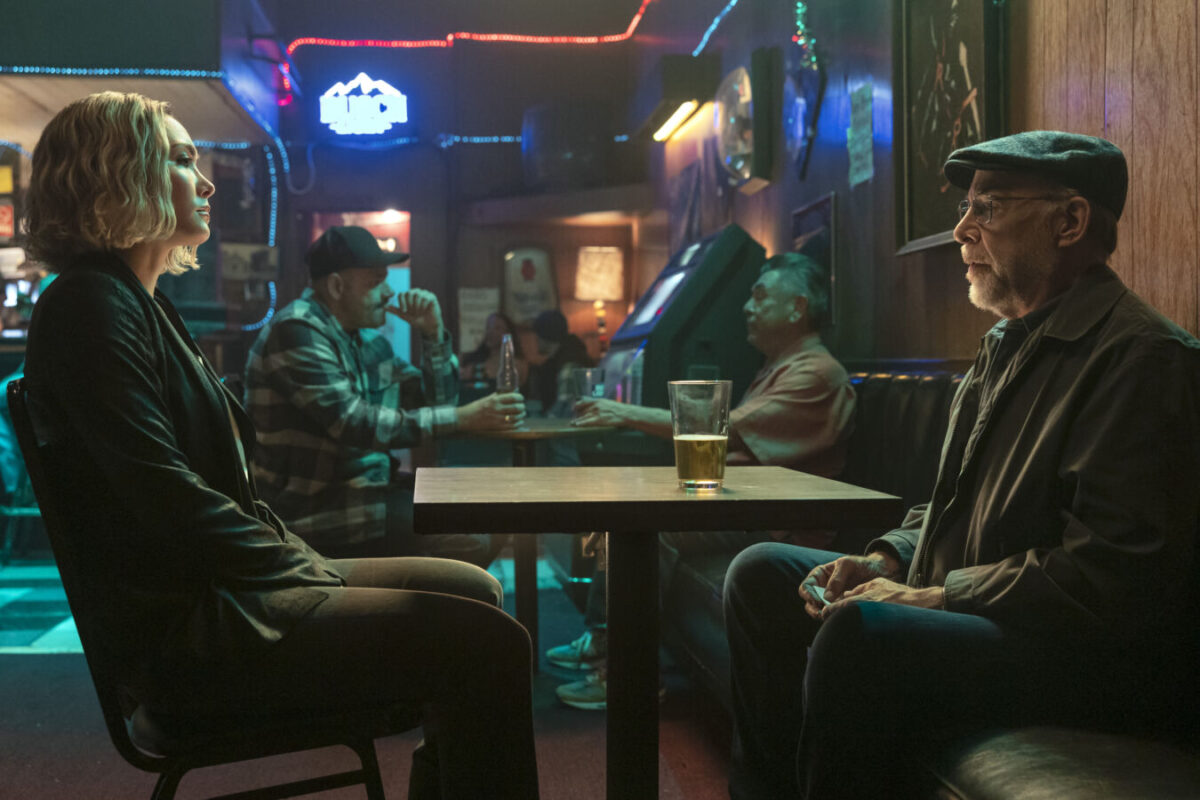
Though the story walks with a solemn gait, it doesn’t shy away from moments of oddball levity. Much of that comes courtesy of Justine (now played by Allison Robertson (The 31), who replaces Alison Wright (The Americans) from the first film), a nonverbal tech prodigy living in an academy for neurodivergent students, and commands her own team of adolescent codebreakers like a benevolent Professor X. It’s ludicrous on paper, of having a squad of child hackers neutralising international threats from a computer lab, but the film somehow sells it with just enough straight-faced earnestness. The hacking montages are brisk and entertaining, edited for tension but never taking themselves too seriously. At times, the portrayal teeters on the edge of caricature, especially when it tries to make a virtue of neurodivergence by turning it into a kind of superpower. But it pulls back just enough to avoid outright offensiveness, aided by Robertson’s stillness and the film’s refusal to mock its own conceit.
Any sequel worth its salt knows when to bring back the fan favourites, and in this case, that means giving Jon Bernthal’s (The Walking Dead) Braxton more room to breathe… and swing. Christian’s estranged brother, part bruiser, part bruised soul, re-enters the picture like a storm front, all loose limbs and volatile energy. Bernthal leans into Braxton’s contradictions, pairing boyish irreverence with hard-won bitterness, and delivers what might be his most expressive performance since Netflix’s The Punisher (2017-2019) series. His arrival ignites the film’s second half, injecting it with humour, volatility, and something unexpectedly tender. Christian and Braxton are two sides of the same brutal coin, but where Affleck plays his part with robotic precision, Bernthal’s casual charisma pulls the movie out of its colder shell.

Their scenes together are where The Accountant 2 finds its pulse. Whether it’s sitting atop Christian’s Airstream with a couple of beers, awkwardly two-stepping at a local bar, or silently rigging explosive traps in the dead of night, there’s a strange sweetness to their reunion, where affection manifests not through big emotional speeches but through half-sincere insults and hesitant gestures. Affleck and Bernthal’s chemistry doesn’t try too hard because it just exists, making even the most conventional brotherly exchanges feel lived-in and slightly off-kilter in a way that suits the film’s offbeat energy. For all the bullets and accounting jargon, The Accountant 2 becomes, at its core, about two brothers learning how to stand side by side without needing a body count to do it.
That said, don’t expect to follow the plot without a corkboard and red yarn. Somewhere in the blood and spreadsheets is a conspiracy involving tuna profits, a shellfish cartel, and an international trafficking ring run out of what appears to be a wildly successful seafood market. Robert Morgan’s (Babylon) villain is introduced slicing sashimi while casually ordering executions, because nothing says “menace” like artisanal yellowfin. There’s an entire scene dedicated to explaining how profitable his tuna business is, and at some point, you begin to wonder: why not just sell fish then? The criminal enterprise feels less like a necessity and more like a hobby. If there’s a coherent logic to it, it’s buried under crates of misdirection and weaponised swordfish.
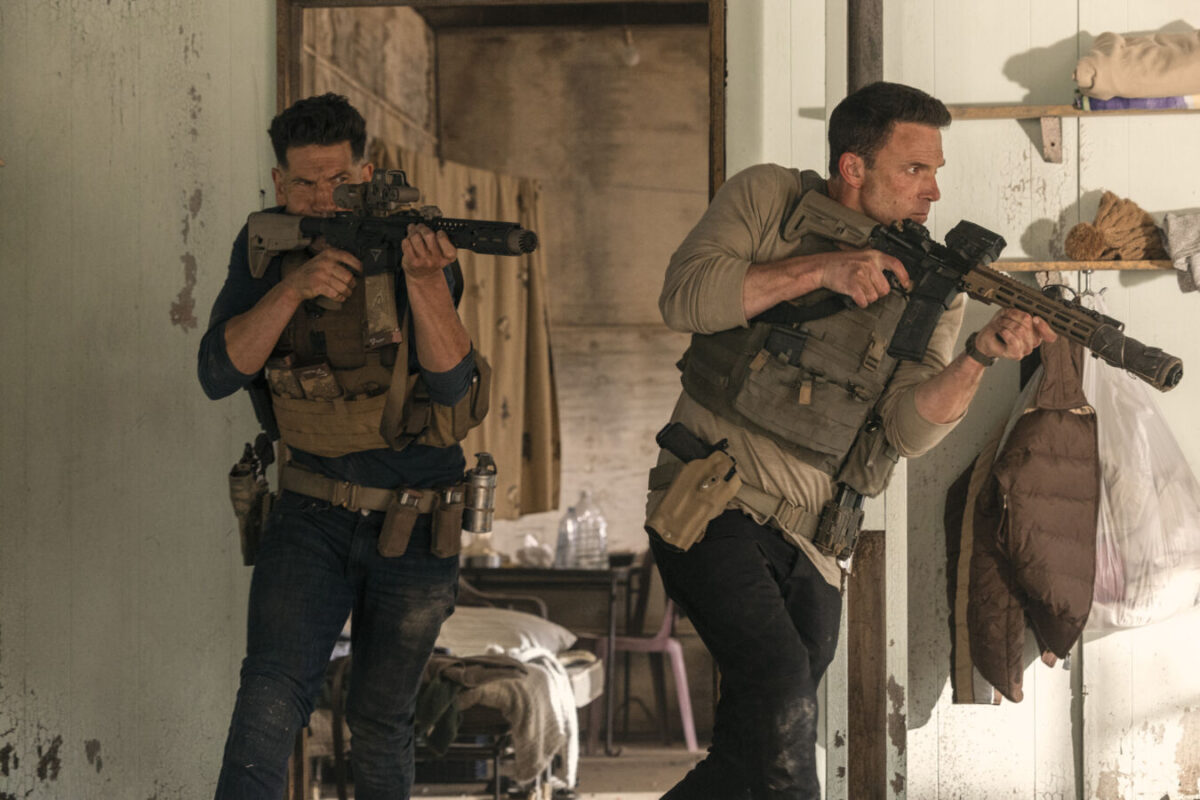
But none of it really matters. What O’Connor and Affleck understand is that The Accountant 2 works best when it stops pretending to be prestige and leans into its peculiar math-nerd-meets-Mercenary energy. At one point, Christian reverse-engineers the biomechanics of line dancing in order to win over locals and go incognito. It’s utterly ridiculous but also exactly why this character continues to work, because he doesn’t. He’s a calculator with a kill count, in a movie that might not make a lick of sense, but it never stops crunching the numbers.
Somehow, against all logic, it balances.
GEEK REVIEW SCORE
Summary
The Accountant 2 makes the unlikeliest math equation work: one part politics, one part gunfire, plus a dash of deadpan humour = one of the most enjoyably bizarre action sequels in recent memory.
Overall
7.3/10-
Story - 6/10
6/10
-
Direction - 7/10
7/10
-
Characterisation - 7.5/10
7.5/10
-
Geek Satisfaction - 8.5/10
8.5/10

